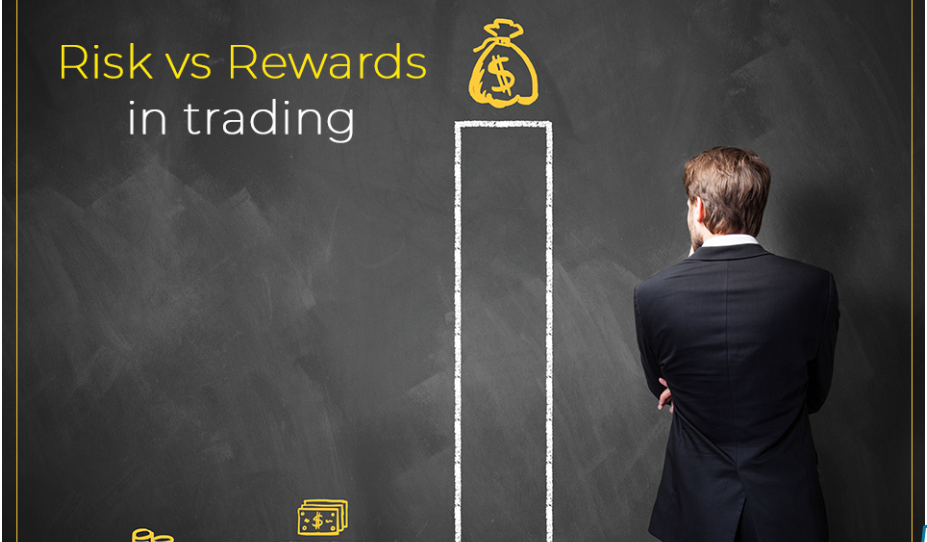Trading During Major News Events: Risks and Rewards
In the fast-paced world of forex trading, few things move the market like major news events. A single announcement like a surprise interest rate hike or a shocking jobs report can cause massive volatility within seconds.
While this presents huge opportunities, it also comes with significant risks. Many traders are drawn to these moments, hoping for quick profits, only to get burned by whipsaws, slippage, and emotion-driven mistakes.
So, should you trade during major news events? Let’s break down the rewards, risks, and smart strategies for approaching these high-impact market moments.
📢 What Are Major News Events in Forex?
Major news events are scheduled economic releases or unscheduled geopolitical developments that can significantly impact currency prices. The most market-moving include:
-
Interest rate decisions (e.g., Federal Reserve, ECB, BOE)
-
Non-Farm Payrolls (NFP) – U.S. jobs report
-
Inflation data (CPI, PPI)
-
GDP reports
-
Central bank speeches
-
Geopolitical events (elections, wars, sudden crises)
These events often trigger sharp price moves, increased spreads, and unpredictable market behavior.
✅ The Rewards of News Trading
Trading during major news releases can be very profitable, especially for experienced traders. Here’s why:
💥 1. High Volatility = Quick Profits
Big news creates large price swings in a short time. If you catch the move early and correctly, you can make substantial gains fast.
📈 2. Strong Breakouts
News events can cause breakouts from consolidation zones or key levels, giving traders clear entry and exit points.
⏱ 3. Short-Term Trading Opportunities
Even if you’re not a long-term trader, news events provide plenty of opportunities for scalping and quick in-and-out trades.
⚠️ The Risks of News Trading
With big reward comes big risk. Many traders underestimate the danger of trading during major announcements.
🔄 1. Extreme Volatility
The market can spike up, reverse sharply, and whipsaw in both directions — within seconds. Even solid technical setups can get destroyed.
🛑 2. Slippage
Your trade may not be executed at your intended price. Especially during fast moves, slippage can cause unexpected losses.
💸 3. Widened Spreads
Brokers often increase the spread (difference between bid and ask) during high-impact news, making trades more expensive to open and close.
❌ 4. Emotional Trading
The speed and unpredictability of news trading can trigger panic, overtrading, or hesitation — leading to poor decisions.
📊 Real-Life Example: NFP Release on EUR/USD
-
Forecast: 200K new jobs
-
Actual: 300K jobs (positive surprise for USD)
-
Result: EUR/USD drops sharply as the dollar strengthens
-
But… after the initial drop, price reverses and climbs back — trapping many traders
This happens often: the initial reaction is strong, but the real move happens later once the dust settles.
🧠 Smart Strategies for Trading News
Want to trade news safely and effectively? Here’s how:
🕒 1. Know the Schedule
Use a reliable economic calendar (Forex Factory, Investing.com) to track major upcoming news and plan accordingly.
📏 2. Trade the Reaction, Not the Release
Instead of guessing the outcome, wait for the news to drop, observe the market’s reaction, and trade the confirmed direction.
💡 This reduces the risk of being caught in wild, unpredictable spikes.
🔒 3. Use Tight Risk Management
-
Never risk more than 1–2% of your capital
-
Set a stop-loss — and stick to it
-
Reduce your lot size to account for increased volatility
🧾 4. Avoid Trading During the First Few Minutes
Let the market digest the news before entering. The first 5–15 minutes are usually the most chaotic.
💻 5. Practice on Demo First
If you’re new to news trading, test your strategy on a demo account before risking real money.
🚫 What Not to Do
-
❌ Don’t “gamble” on the outcome before the release
-
❌ Don’t ignore the bigger trend and overall market structure
-
❌ Don’t trade emotionally or double down on losing positions
-
❌ Don’t forget to check spread conditions before opening a trade
✅ Final Thoughts
Trading during major news events can be a double-edged sword. While the potential for quick profits is tempting, the risks are just as real — especially for beginners.


